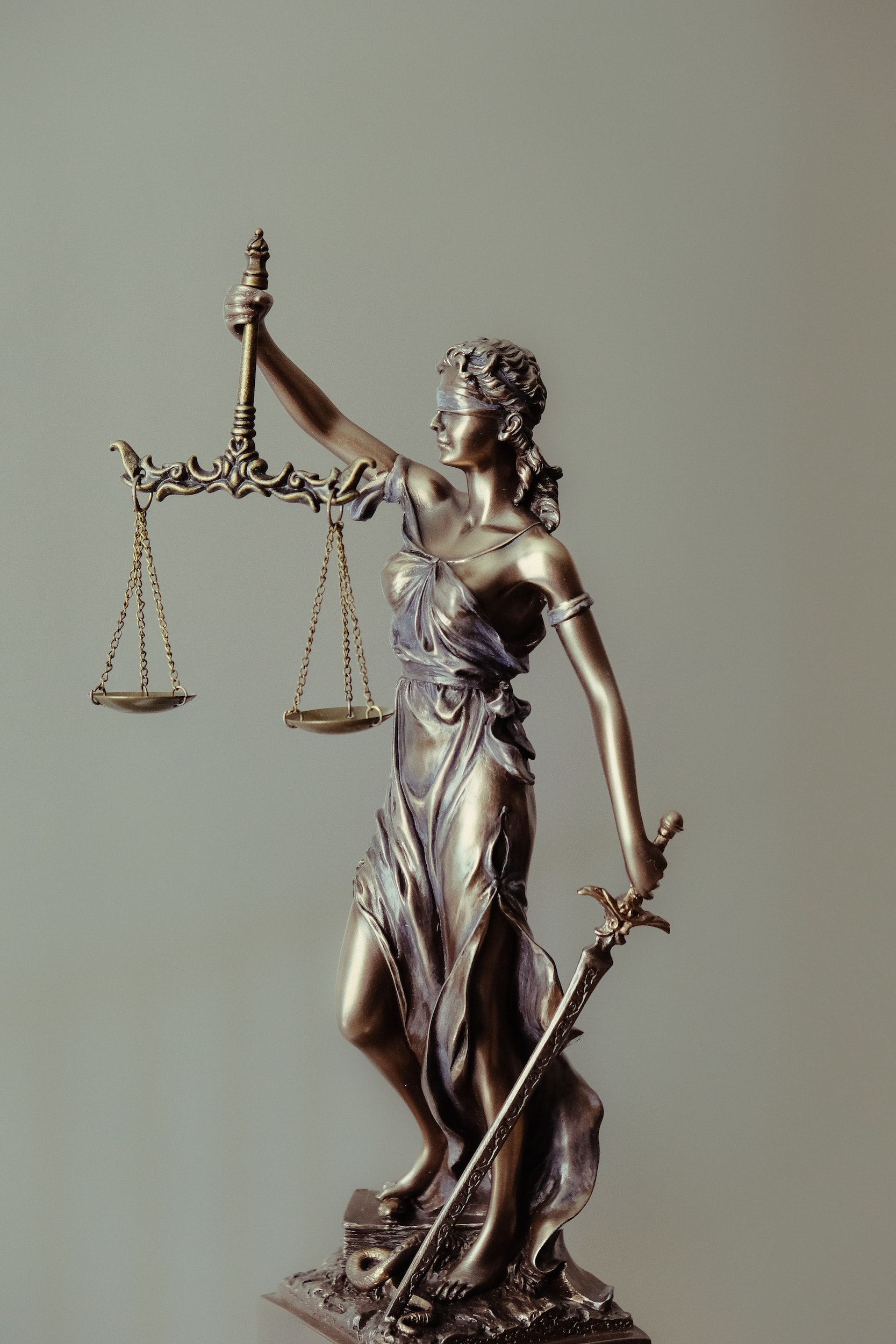The California Constitution and the California Evidence Code establish a right of privacy which protects communications between a physician and patient. Roe v. Sup. Ct. (1991) 229 Cal.App.3d 832, 837 (physician-patient privilege broadly construed in favor of the patient for public policy reasons). Jones v. Sup. Ct. (1981) 119 Cal.App.3d 534, 549–550, citing Board of Medical Quality Assurance v. Gherardini (1979) 93 Cal.App.3d 669, 678–679:
“A person’s medical profile is an area of privacy infinitely more intimate, more personal in quality and nature than many areas already judicially recognized and protected . . . . [¶] The individual’s right to privacy encompasses not only the state of his mind, but also his viscera, detailed complaints of physical ills, and their emotional overtones. The state of a person’s gastro-intestinal tract is as much entitled to privacy from unauthorized public or bureaucratic snooping as is that person’s bank account, the contents of his library or his membership in the NAACP. We conclude the specie of privacy here sought to be invaded falls squarely within the protected ambit, the expressed objectives of article I, section 1 [of the California Constitution].”
READ MORE







